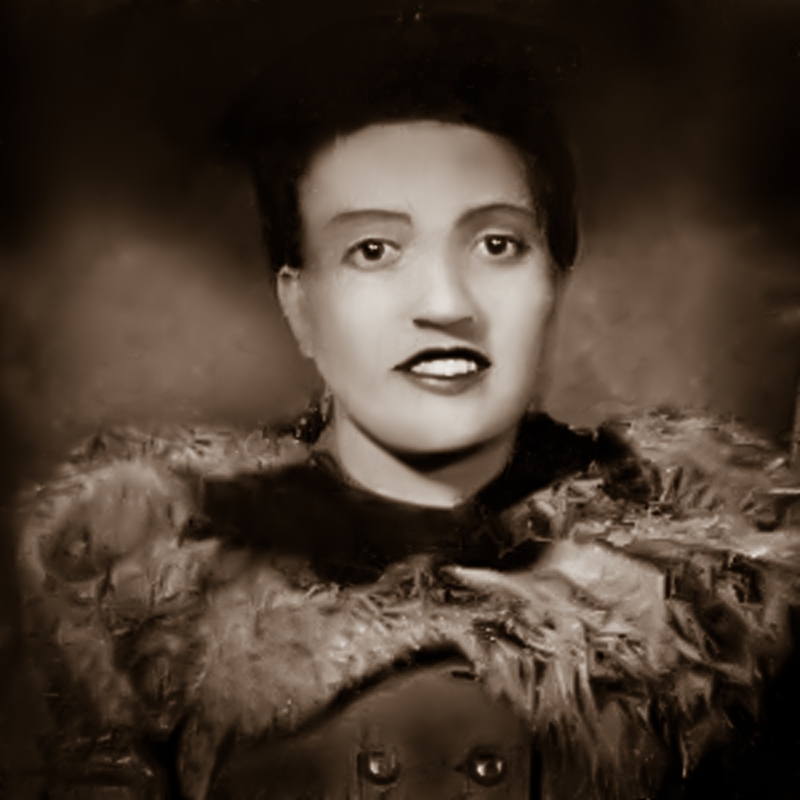
 The black woman who might have saved your life
The black woman who might have saved your life
You've probably heard of the man who discovered the polio vaccine, Jonas Salk, and the first man on the moon Neil Armstrong, yet I could wager a bet that you have never heard of Henrietta Lacks and her life changing contribution to science.
On October 1951 a poor young black mother of 5 died of cervical cancer at Baltimore John Hopkins Hospital. Aged just 31, it seemed as if there was nothing particularly special about Henrietta's life.
Yet in death, "Henrietta was transformed." Cells were taken from her body without her families knowledge or consent, by Dr George Gey, a researcher at the hospital. Henrietta's cells were something special, by mixing them with a special kind of plasma, her tumour cells were able to grow. This was the first time a human cell line had ever survived outside of a body.
Now dubbed as the HeLa cells by scientists, the book The Immortal Life Of Henrietta by Rebecca Skloot touches on the revolutionary impact these specific lines of cells have had on medicine.

Henrietta's cells were vital in developing the polio vaccine, they went up in the first space mission to see what would happen to cells in gravity; several scientific landmarks have also used her cells. From cloning, gene mapping, to vitro fertilization.
The HeLa cells have even been the basis of work leading to two Nobel prizes!
Seeing the importance of the HeLa cells it is no surprise that they have helped launch a multi-billion dollar industry. Thousands of careers have been launched through the exploitation of these cells.
Despite the overwhelming significance of Henrietta's cells, it took more than 20 years for her children to learn that their mother's cells were still alive and being used to "create an entire branch of medical science," in 1973.
One of Lack's sons points out the unfairness of the situation, "If our mother is so important to science, why can't we get health insurance?"
Deborah, Henrietta's daughter sums it all up perfectly, in a statement found in Skloot's book, "Truth be told, I cannot get mad at science, because it helps people live, and I'd be a mess without it. But I won't lie. I would like some health insurance so I don't got to pay all that money every month for drugs my mother's cells probably helped make."

Deborah Lacks looking at her mother's cells for the first time
The treatment of Henrietta and her children exposes a dark side to medicine in the US, where African Americans were usually used in controversial experiments.
This includes a federally funded experiment between 1932 -1972, where 400 black men were left with syphilis to see what would happen if they were left untreated. Subsequently many died a slow and painful death.
As the rightful recognition is given to Henrietta and her family though films like The Immortal Life of Henrietta Lacks, with Oprah Winfrey as Deborah. The contribution Lacks and several other African Americans have made to medicine and to countless of people's lives all over the world will forever be priceless.
